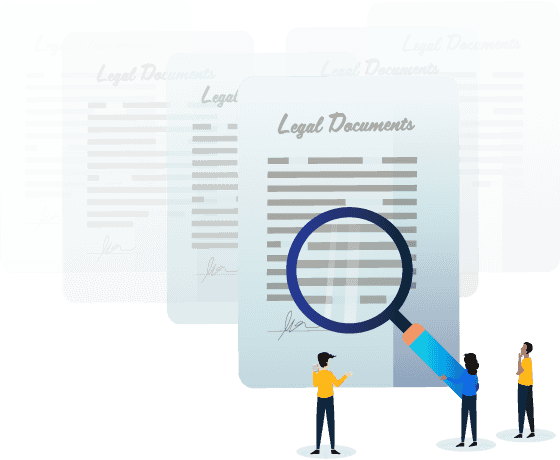Introduction
You may have wondered if you can patent your business method if it is pretty unique and you want to stop others from copying you. We’re going to try answering this question by going through a few things. First, we’ll do a quick overview of patents in Australia. Then, we’ll look at the specific requirements of ‘manner of manufacture’, novelty, and inventiveness. Finally, at the end, we’ll sum it all up for you.
Overview of patents
Put simply, a patent is a bundle of exclusive rights over inventions for a definite period of time. The rights include things like making the invention, selling it, or using it. We’ll take a look at the basics for applying and granting a patent, and how they can affect a patent for a business method.
Applying for patents
You can apply for a few different types of patents. The two main ones are standard patents and innovation patents. We’re going to focus on standard patents in this guide as Australia is moving to phase out innovation patents. Any person can apply for a standard patent, either by themselves or with others. Even companies or other organisations can apply. Additionally, there is no requirement for you to be Australian. Therefore, there aren’t really many barriers to you applying for a patent over a business method.
Granting patents
IP Australia can grant you a patent over your invention if it is a ‘manner of manufacture’, novel, inventive, useful, and has not been secretly used before. These have complex legal meanings on top of their ordinary definitions. At the least, neither the legislation nor courts have set definite boundaries on the types of inventions which will satisfy these requirements. Therefore, in theory, you can patent a business method. However, you may have difficulty in meeting a few requirements: ‘manner of manufacture’, novelty and inventiveness. We’ll go through these requirements specifically, but we recommend you talk to a patent attorney to understand all of this in more detail.
Are business methods ‘manners of manufacture’?
IP Australia will only grant patents over certain kinds of inventions. The legal term for these inventions is ‘manners of manufacture’. However, don’t be fooled by the word ‘manufacture’; an invention does not need to be tangible to be patentable. In fact, generally, there are no hard rules or limits on the types of inventions you can patent. However, there are inventions which are commonly accepted for patent protection. There are also those which are typically considered unacceptable for patent protection.
Commonly accepted subject matter
The Patent Examiner’s Manual quite clearly indicates that business methods are not commonly accepted subject matter for patent protection. To oversimplify, this is because they often don’t actually involve the creation of anything. They might allow you to perform certain functions. However, the only thing the method probably creates is the abstract way it allows you to perform the function. Of course, sometimes the method actually invents the function. For example, the Patent Examiner’s Manual considers methods for treating plants and animals as commonly acceptable kinds of inventions for patent protection. Again, to oversimplify, this is because the method/process involves creating the treatment. Therefore, if you have, say, an agricultural business method which creates something as opposed to merely allowing it, you may have a patentable invention.
Unacceptable subject matter
Additionally, the Patents Act 1990 (Cth) specifically prohibits certain types of inventions from having patent protection. For example, IP Australia can’t grant patents over biological processes for human generation or inventions contrary to law. Therefore, if your business method fits one of these prohibited categories, you probably won’t get a patent over it. For example, a business method for selling illegal goods through the blockchain would be contrary to law. As such, you probably wouldn’t get a patent for it no matter how ingenious it is.
Are business methods novel and inventive?
IP Australia will also only grant patents over inventions which are novel and inventive. An invention obviously isn’t novel if someone has already created or implemented it. Less obviously, an invention also won’t be novel if its elements are public information.

Get your Non-Disclosure Agreement (NDA) now for free.
Protect your information by customising and downloading our legally-binding NDA.
Therefore, implementing an existing business method in a new industry for the first time would not be novel. Inventiveness extends a little further than this. Basically, it means that your invention can’t have been obvious. For example, your business method might be novel because it combines existing elements of different methods in a unique way. However, that combination might still have been obvious to a reasonable person; no one might have created it because it’s expensive or has limited use. Nevertheless, even if you are the first person to do it, it would be novel, but not inventive.
Conclusion
In conclusion, there aren’t any real barriers to you applying for a patent over a business method. However, IP Australia will only grant patents over certain kinds of inventions. IP Australia don’t consider business methods as very well suited for patent protection. Additionally, it may be difficult to show that they are novel and inventive. Nevertheless, there aren’t many hard limits on the kinds of inventions you can patent. As such, we recommend you speak to a patent attorney to see if your invention falls within the existing parameters of patent protection, or if they can be extended to include it.




